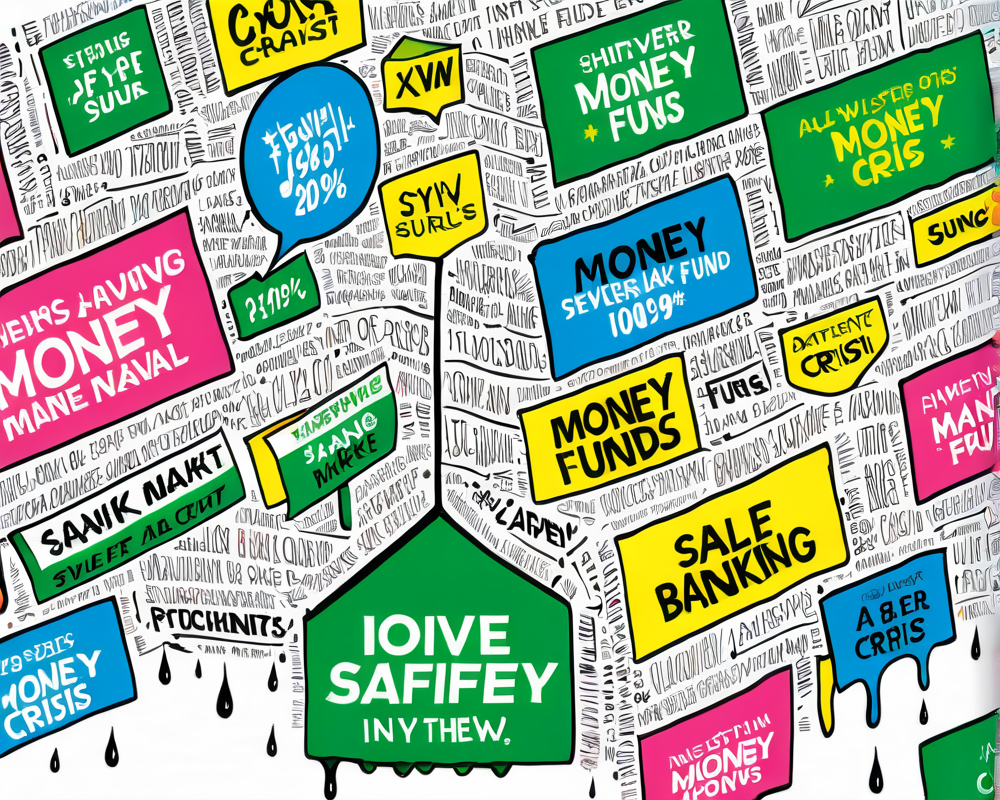The Great Cash Exodus
In the wake of the latest banking crisis, investors have been scrambling to protect their assets, leading to a staggering outflow of over $286 billion into U.S. money market funds just this March, as reported by Emerging Portfolio Fund Research (EPFR). It’s like a game of hot potato, but instead of tossing a spud, investors are throwing their cash into the safest place they can find.
Who’s Winning the Cash Flood?
Among the financial heavyweights, Goldman Sachs, JPMorgan Chase, and Fidelity are the undeniable champions of this sudden liquidity shift. Here’s the breakdown:
- Goldman Sachs: Bagged a whopping $52 billion, marking a 13% boost in its money funds.
- JPMorgan Chase: Almost $46 billion flowed their way, helping them raise their game even higher.
- Fidelity: Raked in nearly $37 billion—gotta love a good comeback story!
This rush into money market funds is the biggest influx we’ve seen since the onset of the Covid-19 pandemic. Clearly, folks are prioritizing stability over risk.
The Appeal of Money Market Funds
So, what’s the big attraction of money market funds? For many investors, they’re like the cozy slippers of investment choices—high liquidity paired with low risk makes them incredibly appealing, especially during choppy economic waters.
Moreover, with the Federal Reserve consistently hiking interest rates to tackle inflation, these funds are currently offering the best yields we’ve seen in years. It’s like having your cake and eating it too, but without any calories!
Money Market Asset Growth: Facts and Figures
According to a recent report from the Investment Company Institute, money market fund assets soared by $117.42 billion to reach a jaw-dropping $5.13 trillion in just one week. Here’s how the different types fared:
- Government funds: +$131.84 billion
- Prime funds: -$10.83 billion
- Tax-exempt funds: -$3.61 billion
It appears that while some are riding the wave, others are still treading water.
The Shadow of Uncertainty
While the money market boom may provide a sense of security, it’s clear that fears about the financial system’s health are driving these decisions. Recent events—including a drop in Deutsche Bank shares due to heightened default risk and soaring credit default swaps for companies like Charles Schwab—have kept investors on edge.
The higher the CDS, the bigger the red flag.
For instance, as of March 24, Deutsche Bank’s credit default swaps climbed to 222 basis points. Investors are jittery, and rightly so; turning towards cash seems like the safest bet for many. So, awake the cautious investor within; sometimes being a little paranoid pays off!




